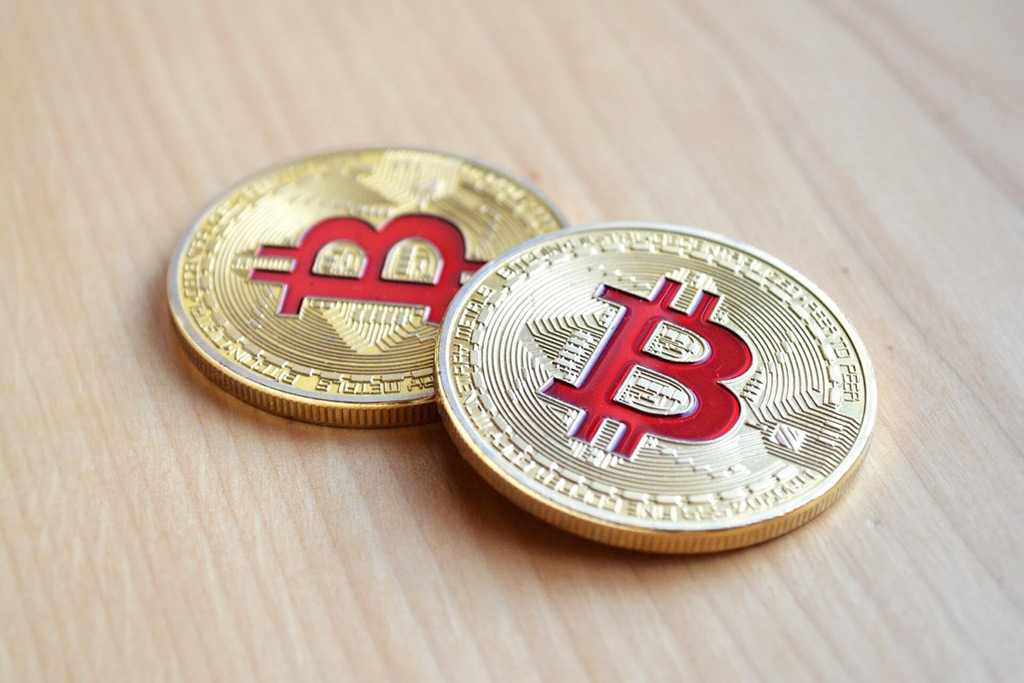What is Bitcoin?
Bitcoin is a peer to peer digital currency. It means that there is no third party involvement (like banks) between a transaction. Owners are anonymous – therefore instead of using names, tax IDs or social security numbers Bitcoin connects buyers and sellers through encryption keys. Bitcoins are not issued like traditional currency. They are mined by powerful computers connected to internet.
- With Bitcoins, one can buy merchandise.
- Make International payments as Bitcoins are not tied to any country.
- Small businesses may like them as there are no credit card fees.
- Some people just buy Bitcoins as an investment.
Value of Bitcoin?
Value of Bitcoin is what people will pay for it. Similar to how stocks work. The protocol dictates that there can be only 21 million Bitcoins that can ever be mined. Up to now about 12 million have been mined, so the supply is limited just like Gold, but no real intrinsic value.
What is mining?
Mining is to use computers to solve complex math puzzles to encrypt data and add blocks to the blockchain. These blocks are filled with transactions which are validated by the miners. This is a continuous network of adding blocks to the blockchain. Miners use the Sha 256 algorithm to mine Bitcoin. One can get into mining by buying hash power from companies like Genesis and Hashflare who have 1000s of ASIC computers in their mining farm.
Founder of Bitcoin
Satoshi Nakamoto, an anonymous figure, is the founder of Bitcoin. Bitcoin evolved out from the cypherpunk movement of the 90’s with the objective of using technology and cryptography to maximize human liberty and privacy. In 2008, after the financial meltdown and collapse of the Housing buble Bitcoin came into existence.
Features of Bitcoin
- Bitcoin is decentralized. There is no central authority that dictates what it is. The miners and nodes control the network.
- Bitcoin is open source. Anyone can use the code or modify it. This results in creation of a new cryptocurrency.
- There can be a maximum of 21 million Bitcoins. This makes this asset more attractive as with the increase of demandand supply being constant value of Bitcoin goes up.
- Users of Bitcoin use their Bitcoin wallet address as a form of identification. In practice most exchanges that trade Bitcoin need to check identity by law.
- Bitcoin transactions are irreversable. This ensures that there is no tampering in the transactions.
- The smallest unit of Bitcoin is Satoshi. 1 Satoshi is equal to 0.00000001 Bitcoin.
How to buy Bitcoins? – Click Here
What is Altcoin? – Click Here
What is Cryptocurrency? – Click Here

